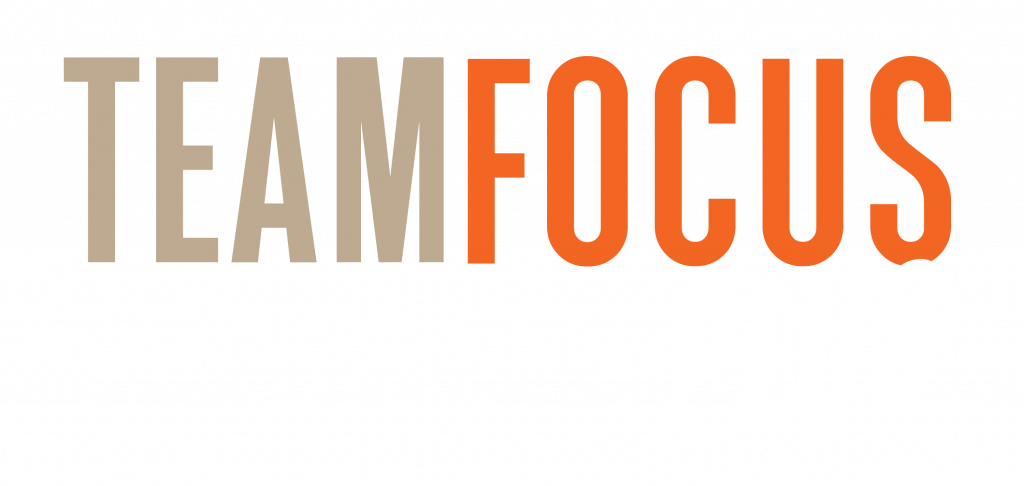Navigating Leadership and Management: Understanding the Difference

In business, leadership and management play different yet complementary roles. Management ensures efficiency and control, while leadership inspires and empowers teams. Both are essential for organisational success, combining efficiency with inspiration to navigate challenges and drive growth.
Empowering Leaders: The Role of Software in Modern Leadership

In today’s business world, leaders face unprecedented challenges. Enter REACH LX—a suite of profiling tools designed to empower leaders at every level. With evidence-based insights and AI-driven solutions, REACH LX enables data-driven decisions while maintaining a heart-led approach to leadership. Invest in REACH LX and revolutionise your leadership journey today.
Unlocking the Power of Personality Profiling with REACH LX

Unlocking the potential of personality profiling with REACH LX goes beyond traditional tools, offering deep insights into individual strengths and communication styles. With valuable data and customised reports, leaders can optimise communication, task assignments, and recruitment processes. REACH LX empowers ongoing development, performance management, and effective leadership, ultimately transforming workplace interactions for lasting success.
Unlocking Success: The Power of Context in Leadership

Effective leadership hinges on providing context, which empowers individuals to understand the significance of their contributions. Context clarifies the ‘why’ behind tasks, fostering autonomy and a sense of purpose among team members. It also promotes transparency and trust within teams. Mastering the skill of providing context unlocks the full potential of teams, fostering collaboration and long-term success.
What Is Cultural Intelligence?

Culturally intelligent people must also know how to use this understanding to work compassionately and positively with anyone they meet. They’re willing to learn all they can about their colleagues’ different nationalities, traditions, disciplines, and organisational cultures.
Managing A Virtual Team

Soft skills relate to how a person approaches their work regardless of the industry they are in, as opposed to hard skills, which are technical and job specific. Some of the key soft skills you want in your people include leadership, time management, teamwork, and flexibility.
4 Things You Should Do to Prevent a Toxic Work Environment

Some employees are afraid to raise issues and ask for help due to being previously ridiculed. To resolve this, you should encourage senior members and team heads to be approachable. While it is necessary to project a sense of authority and respect, it does not do leaders any good to have subordinates cower in fear and avoid sharing ideas.
Is It Really Necessary to Have a Culture Change Coach?

For positive change, behavioural transformation must happen for both managers and peers. Coaches can guide managers in making these changes. The managers, in turn, can relay these processes to subordinates until the ideal workplace culture fully resonates within the organisation.
Here Are 5 Strategies That Can Help You Effectively Manage a Remote Team

While using new technology can be tricky, the effort is worth it. Many digital tools with simple interfaces make team collaboration much more user-friendly. For example, many project management software solutions work as centralised platforms for monitoring deadlines, assigning tasks, giving status updates, sharing files… and more…
Does Work Culture Affect Team Morale?

Knowing your project’s task dependencies can ensure that you deliver it on time. By completing tasks in the best order, you can streamline your project workflow. Identifying task dependencies can also help you estimate the duration of each job which allows you to create a realistic schedule and manage stakeholder expectations.

